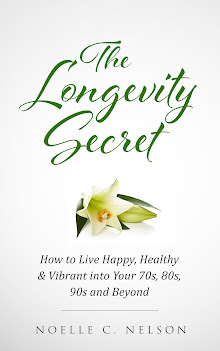Summer blockbusters are full of Masters of the Universe—Superheroes/heroines,
Emperors and Kings—in righteous battle. And, when someone storms your castle –
be that of your thoughts, your actions, your behavior—don’t you defend it with
all your might? “You’re wrong!” “You messed up, not me!” “I didn’t do that, you
did!” We like to be Masters of our own Universe, so when someone points the
finger at us and tell us we’re wrong, we did it wrong—well, we don’t like it,
not one bit.
But here’s the thing: unlike the Masters of the Universe in
the movies, you can’t just pulverize the person who has the nerve to defy you
and walk away in a shower of glory. Most of the time they’re living under your
roof, sleeping in your bed, or sharing your work-space. Aargh.
Somehow you have to resolve the situation. There is a way, a
surprisingly easy way. Just say “You’re right.” Or, if that absolutely terrifies
you, “You could be right.”
Now before you run screaming from the page or hit delete,
consider the impact of those words. Saying “You’re right” to someone is like
immobilizing them with a magic taser. Everything stops. There is no fight if
one of you stops fighting—pardon me, defending. And in that suspended-in-time
moment while the other person is scrambling to figure out what just happened,
you can say “I never thought about it that way,” or “I didn’t realize that’s
how it looked to you,” or any number of phrases that provide an opening for a
conversation, a discussion.
If the person replies, having regained their senses, “Well,
yeah, that’s what I told you all along,” summon your inner Obi-Wan Kenobi,
(OK, so we’re all over the movie map here) and say, “Help me understand
how you’re seeing it” and give them the opportunity to lay it out for you.
Listen, really listen, because now you’re in “wanting to understand” mode,
which is vastly different from “defending your castle” mode.
Sure, there’s a part of you going “It’s not fair! I didn’t
mess up!” and indeed, from your point of view, you didn’t. But this other
person, who is in your life and who you are usually happy to have in your life,
doesn’t see it that way. And the best method of getting back to that usually
happy place is for you to start by understanding how it looks to them.
After that, only after that, is it helpful for you to say,
“Well, here’s where I was coming from.” Not defensively, not argumentatively,
but really seeking, in tone as well as words, to come to a place of mutual
understanding. But only after the other person has truly had ample opportunity
to say their piece. Only then will they be willing to hear your piece.
Less dramatic, no doubt, than vaporizing the person with
your brilliant sarcasm, or blasting them to smithereens with all the things
they’ve done “wrong,” but oh so very much more effective. And considerate. And
loving.
You know, the kind of Master of the Universe you really want
to be.





